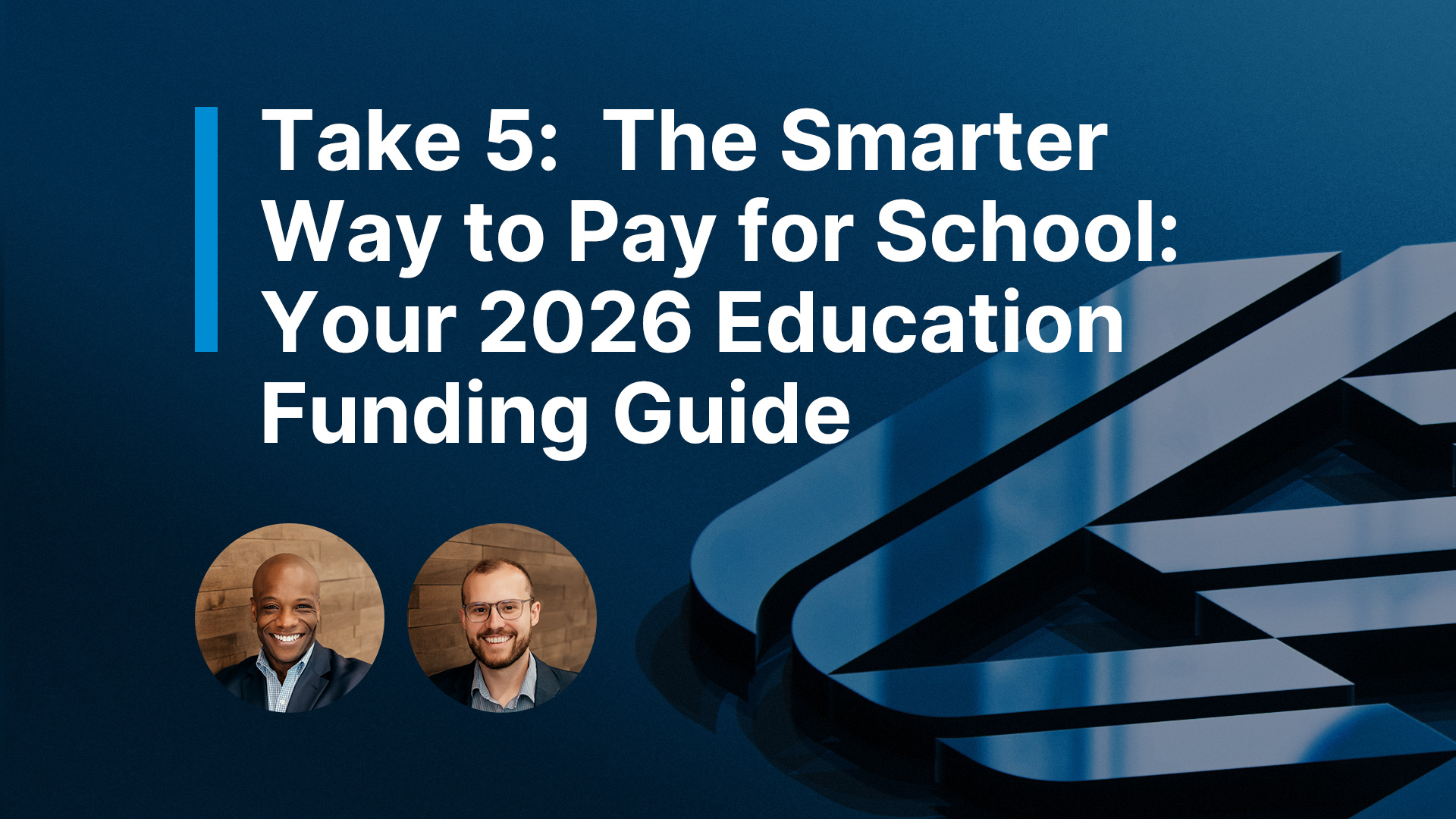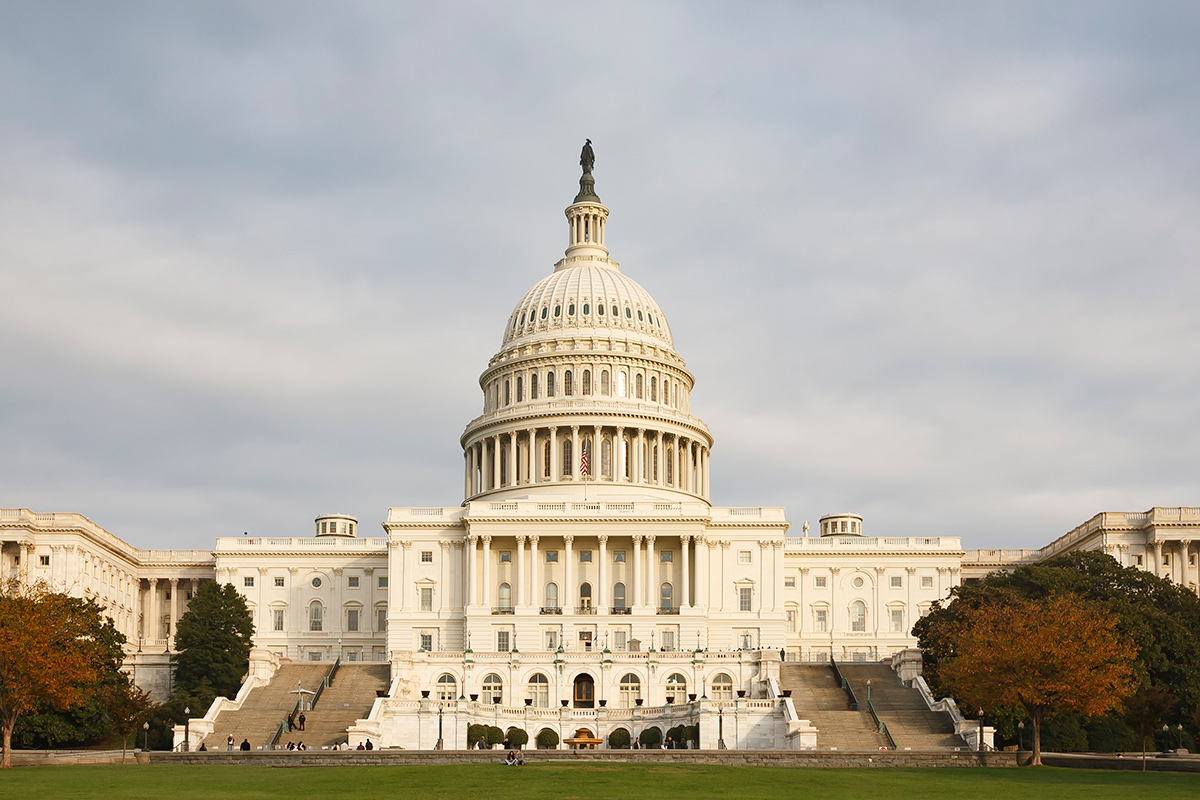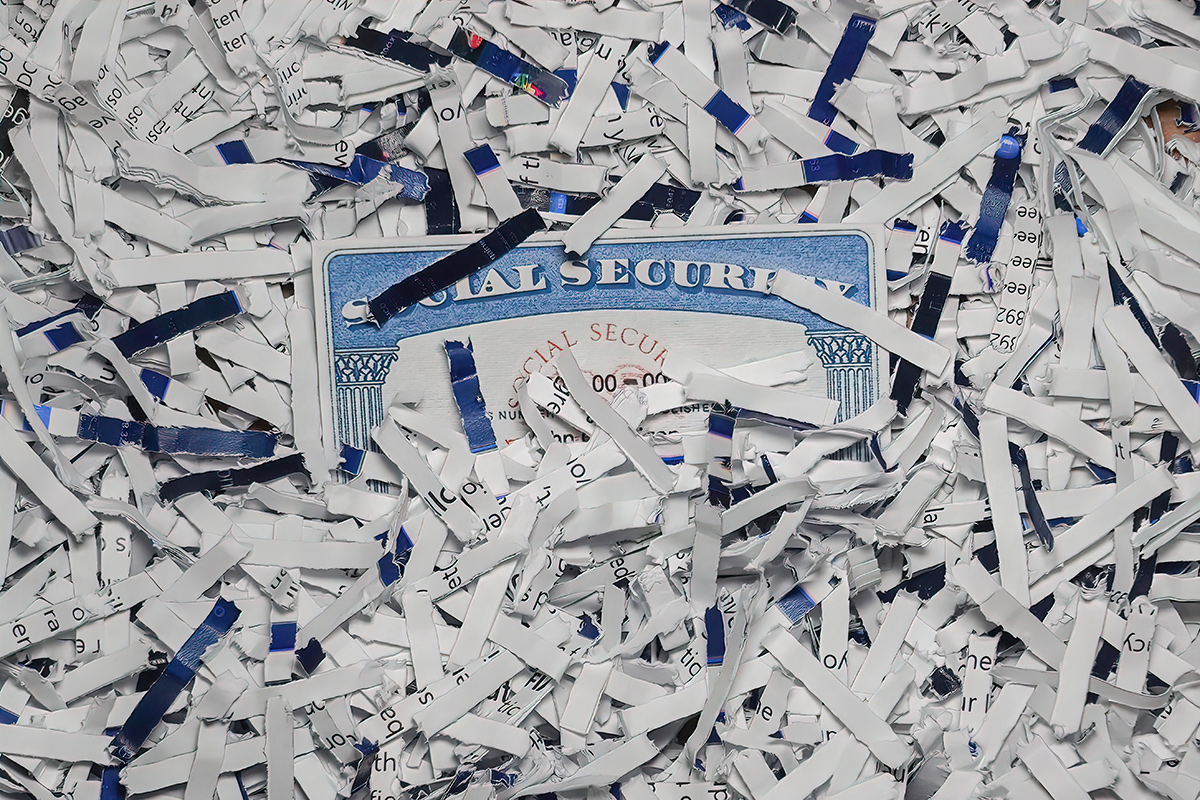
Key Takeaways:
One of our most common pieces of advice is to focus on what is in your control. This is especially important as we all live through unpredictable political decrees, negative news headlines, and investment market swings that seem to be changing by the hour.
We probably don’t need to remind anyone about all the areas of life where we have little to no control—geopolitics, weather patterns, the macroeconomic environment, that guy driving on the Watterson (yes, that guy). So instead of reciting a list of uncontrollable events, we would like to take a moment to focus on one area of financial life where you can exert more control over outcomes: cash management.
Cash Management
As a first step, we all learn quickly that keeping sufficient cash in a checking account is essential. You obviously need enough in a checking account to request cash withdrawals, write checks, and cover upcoming bill payments because who really wants to pay overdraft fees to a bank?
In addition to this basic operational layer of cash, it’s also extremely important to keep a healthy cash cushion, a buffer we’ll simply call a cash reserve.
Cash Reserve
There are different ways to structure a cash reserve. Typically, the most appropriate vehicles to build a cash reserve include online savings accounts, money market funds, and possibly CDs. Regardless of where you park it, your reserve funds should be earning a competitive interest rate while the cash awaits its future use.
Cash Reserve – Why It’s Important
Here are two reasons why a cash reserve is crucial for your financial planning:
1) A cash cushion helps smooth out bigger, periodic expenses. Think, as an example, of having the cash ready to cover that once-per-year insurance premium. In addition, this cushion can help absorb the other inevitable surprises that lay claim to a portion of your wallet. The surprises may change from year to year—sometimes it’s a car repair, something with the house, financial support for a family member—but there will be surprises.
2) A healthy cash reserve fulfills what we sometimes call the sleep-at-night factor. Knowing that you have sufficient cash flow to cover your lifestyle, plus the buffer of a cash reserve to cover many of the surprise expenses along the way can be a huge psychological comfort. This is how a healthy cash reserve can help instill the confidence needed to let your longer-term investment plan stay the course amid rocky markets.
How Much Is Too Much (or too little) For A Cash Reserve?
Even though there may not be a precise, scientific answer for exactly how much money should be kept as a cash reserve, there are certain general rules that can help guide you to a reasonable range.
Too Little Cash
On the short end, there are logistical hassles with keeping too light of a cash reserve. It can be a pain having to constantly shift cash between underfunded accounts and having to frequently initiate the process of liquidating non-cash holdings to make payments.
The biggest downside, however, is that keeping too little in cash can make you feel tighter on resources than you actually are. If you are faced with a bigger, but fairly predictable, periodic expense and your gut reaction is to question whether you have enough ready to cover it, then you are probably too light on cash.
Too Much Cash
At the other end of the spectrum, it is also possible to have too much held aside as a cash reserve. It’s like the old risk-aversion analogy about getting to the airport early. Yes, some people leave the house too casually for the airport and find themselves running Home Alone-style through the terminals to hope that they have not shut the plane door just yet. This is the travel equivalent of being too light on cash, not building in enough buffer time. But the opposite extreme also exists.
Reasonable people can disagree whether you should plan to be at the airport 2, 3, maybe 4 hours before a flight, but at some point hopefully we can all agree that camping out the night before to be 12+ hours early may be a bit extreme. Couldn’t you be using that additional buffer time in a better way?
There is a limit on travel buffer time, a time that is “too early to the airport”, and in a similar way it is possible to hold too much as a cash reserve. One of the best measuring sticks is translating your cash reserve into months or years of spending. Once your cash reserve represents multiple years’ worth of spending, you are likely approaching, if not already surpassing the point of having “too much” cash—the financial cousin of “camping out at the airport the night before.”
A Properly-Sized, Healthy Cash Reserve
Once you have enough in operational checking along with a cash reserve buffer that smooths out periodic expenses and includes additional built-in cushion to fulfill your personal sleep-at-night factor, then excess cash above this amount is probably put to better use toward a longer-term investment objective.
With so many uncontrollable financial events occurring every day, it can be nice to know that building and maintaining a healthy cash reserve is an active, ongoing financial project within your control. Having enough cash can help you stomach market downturns, allowing your investment plan the time to stay on course and stick to a longer-term investment objective. As one client recently put it to us, a focus on cash management helps to emotionally “ride the storm out.”
How Saling Wealth Advisors Can Help
As always, please reach out if you have any questions or concerns about how your cash reserve fits into your broader financial picture. We are here to help guide and advise on cash management strategies that can help you achieve your longer-term financial goals.
This material is not financial advice or an offer to sell any product and is not a recommendation to buy or sell any particular security. The opinions expressed are those of the Saling Wealth Advisors’ Management Investment Team and are subject to change without notice.
Saling Wealth Advisors (“SWA”) is an independent SEC registered investment advisor. Registration does not imply a certain level of skill or training. This material is provided for informational and educational purposes only. More information about SWA including our advisory services, fees, and objectives can be found in our Form ADV Part 2A, which is available upon request.




